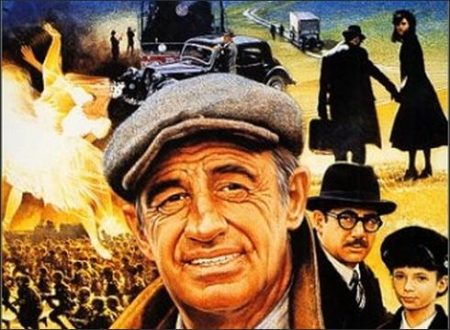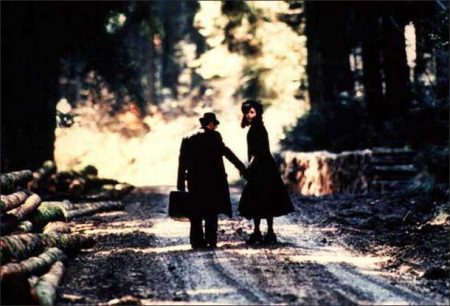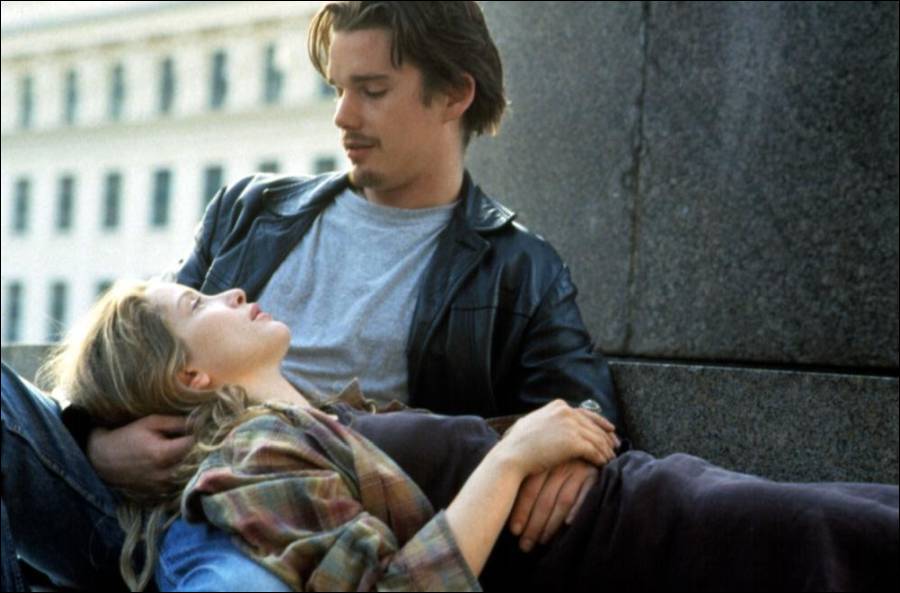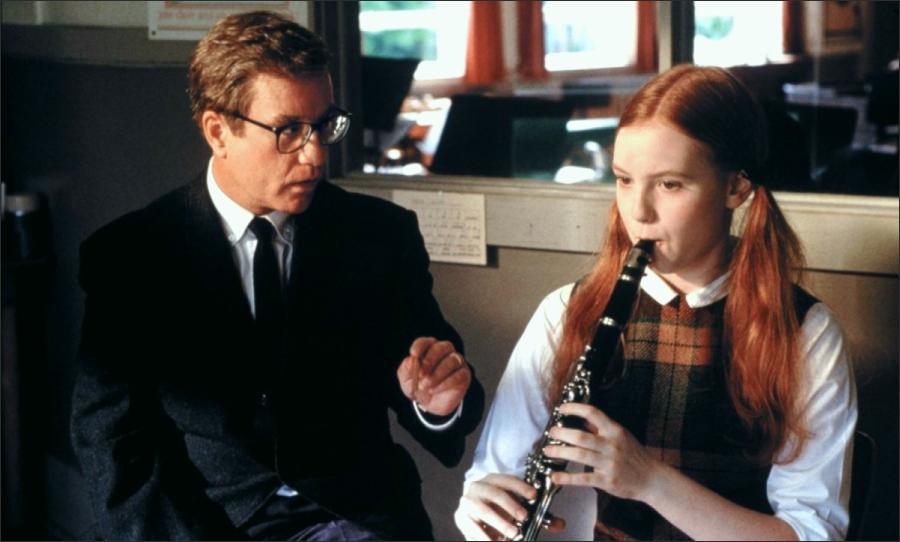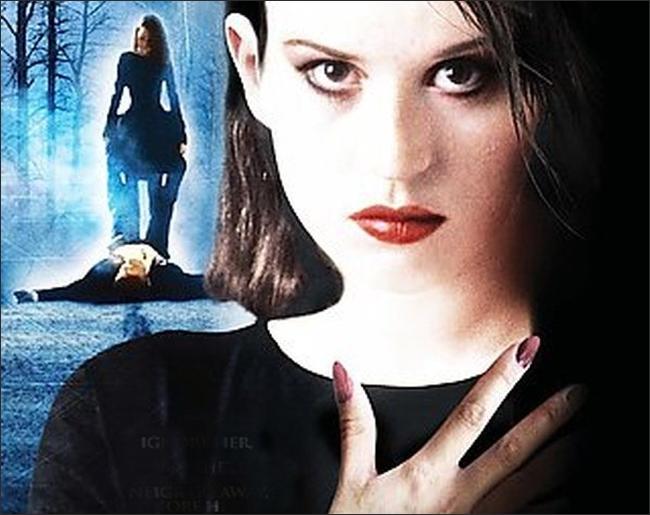Taglines: In a time of chaos, in a world of change, he was moved by a book he could not read to become a hero he never imagined.
Les Misérables movie storyline. Henri Fortin is poor and iliterate former boxer. Ziman is rich Jewish lawyer from Paris. During WWII they meet when Fortin agrees to drive Ziman’s family to Switzerland. Intrigued by Victor Hugo’s novel “Les Miserables”, Fortin asks the Zimans to read that book to him during the travel. Before the end of movie every main character would see his character in situations similar to those in Hugo’s novel.
This movie is basically the original story of Les Miserables, used in the time of World War Two. Basically an ex boxer, an ex dancer and their daughter are trying to get away from the Nazis (obviously becuse they are Jewish). In that they meet a man who can be referred to as the 20th century Jean Valjean (of the original play). If you know who he is and the original play, you can match up the story and how it is Les Miserables of World War 2.
During the course of the film the family is seperated but in the end they continue to live out the original story of Les Miserables and reunite with the help of Henry Fortin (or Jean Valjean). There are a few differences between the original play and this one that are left out but the beautiful drama of a story still lives within the horrors of World War 2 and have the same impact as it should.
Les Misérables is a 1995 film written, produced and directed by Claude Lelouch. Set in France during the first half of the 20th century, the film concerns a poor and illiterate man named Henri Fortin (Jean-Paul Belmondo) who is introduced to Victor Hugo’s classic novel Les Misérables and begins to see parallels to his own life. The film won the 1995 Golden Globe Award for Best Foreign Language Film and Annie Girardot won the 1996 César Award for Best Supporting Actress.
About the Story
As the film opens, Henri’s father, a chauffeur, is falsely accused of having murdered his boss. During his trial and imprisonment, Henri’s mother finds a job in a tavern on a Normandy beach. There Henri sees a film adaptation of Les Misérables. His father dies attempting to escape from prison, and upon hearing the news Henri’s mother commits suicide. Henri grows up an orphan and learns boxing.
The film next takes up the story of Elisa, a ballerina, and André Ziman, a young Jewish journalist and law student. They meet following a performance of a ballet based on Les Misérables. Later, during World War II, André and Elisa, now married, and their daughter Salomé attempt to cross the Swiss border to escape the Nazis. They encounter Henri, who owns a moving company, and they discuss the Hugo novel. The Zimans entrust Salomé to Henri and enroll her in a Catholic convent school. André and Elisa are ambushed while trying to cross the frontier. Elisa is arrested and André wounded. Farmers who find him give him shelter.
Henri and the members of a local gang join the French Resistance, but the gang members take advantage of their anti-Nazi attacks to steal from local houses. Elisa and other women are forced to entertain the Nazi occupiers. She is sent to a concentration camp for being defiant. After staging an attack on a train transporting funds for the Vichy government, Henri and his mates travel to Normandy to visit the tavern where he lived as a child. The D-Day invasion is launched the next day and Henri supports the Allied forces when they conquer the beach. In the process he saves the life of the tavern owner’s son Marius.
At the war’s end, Henri accepts an offer to run a seaside camp in Normandy. There he receives a letter from Salomé, who has no way of contacting her family. He takes her with him to the resort, which he names Chez Jean Valjean. Elisa, having survived a Nazi concentration camp in German-occupied Poland, joins them later.
Les Misérables (1995)
Directed by: Claude Lelouch
Starring: Jean-Paul Belmondo, Michel Boujenah, Alessandra Martines, Salomé Lelouch, Annie Girardot, Clémentine Célarié, Ticky Holgado, Nicole Croisille, Micheline Presle
Screenplay by: Claude Lelouch
Production Design by: Jacques Bufnoir, Laurent Tesseyre
Cinematography by: Claude Lelouch, Philippe Pavans de Ceccatty
Film Editing by: Hélène de Luze
Costume Design by: Dominique Borg
Set Decoration by: aurent Tesseyre
Art Direction by: Jacques Bufnoir
Music by: Didier Barbelivien, Erik Berchot, Francis Lai, Michel Legrand, Philippe Servain
MPAA Rating: R for violence, brief language and sexuality.
Distributed by: Bac Films (France), Warner Bros. Pictures (North America, Argentina and Brazil)
Release Date: March 22, 1995 (France), November 3, 1995 (United States)
Hits: 145
